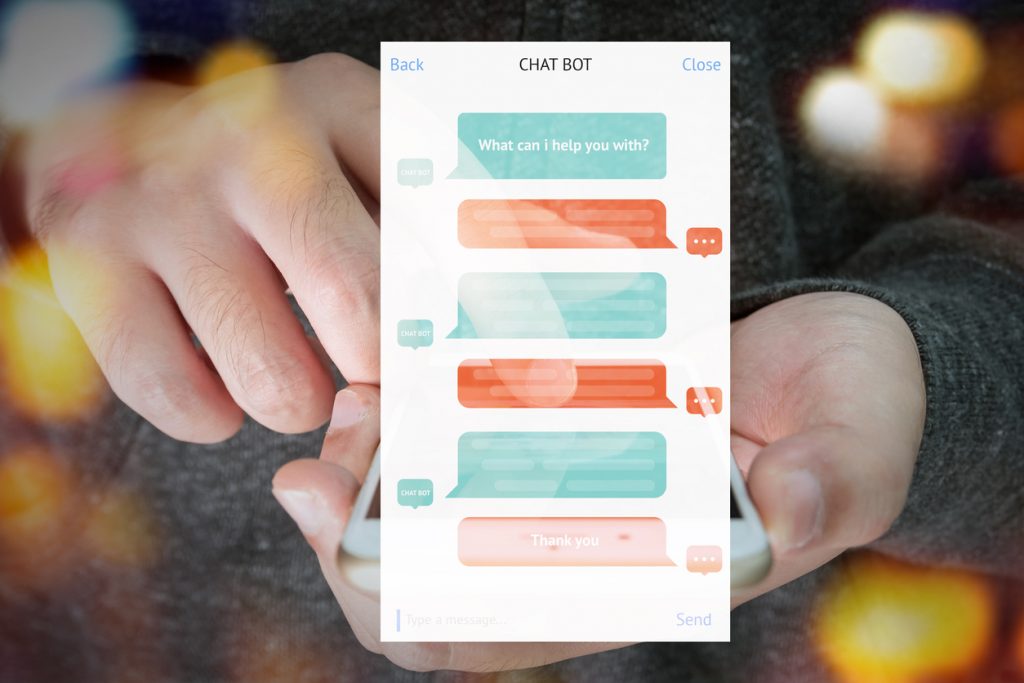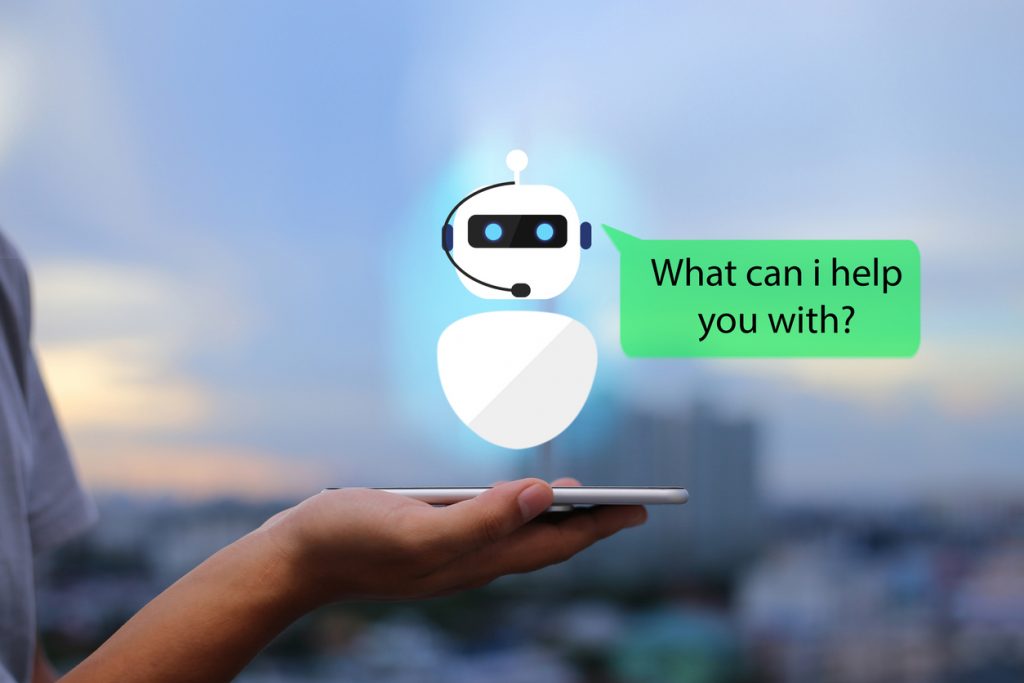If you’re addressing a brand or company online nowadays, it’s more than likely that you’re not talking to a person. AI is here to stay, and it’s unwavering, responding to clients 24/7. Chatbots are the most commonly used tool to answer online users most frequently asked questions.
They’re progressively helping eCommerce clients and can now do a lot more than just transfer information or facilitate simple operations. But, who is behind them? Who teaches them the art of conversation?
Chatbots, or digital assistants based on artificial intelligence technology, are already here and have come to stay. According to data from several international IT consultancy companies, 80% of companies will use chatbots in 2020.
Botmaster
Given this reality, a new professional category has emerged, whose main task is to polish the AI’s behaviour, so it seems like you’re interacting with a human.
This so-called botmaster is a profession that’s already a reality, and one that will develop a drastic increase in business needs in the not too distant future.
Much the same way that today every company has a webmaster to make sure their website runs smoothly, and a community manager to take care of social media, the botmaster will complete this duo, looking after and continuously training bots.

It’s estimated that a botmaster’s salary will range somewhere between 40,000 and 70,000 euros per year, which is quite good considering they don’t necessarily need to be computer specialists. They won’t have to be a programmer, although technical knowledge is required, but they do need to know when to rely on systems people. A project manager profile will be more needed than that of a developer.
Responsibilities
The botmaster’s primary focus is and will be to improve user experience and try to camouflage to a certain extent that the user is interacting with a machine.
It’s a profession that’s going to be in more demand, as chatbots are seen as one of the most successful marketing strategies of the immediate future. Bots are by no means a fad, and their implementation is inevitable.
As the bot is AI, it needs to be supervised at all times and follow a regular learning schedule. However, we can’t rule out the fact that in the more distant future, the they will teach themselves, but for the moment, the whole chatbot thing is still in its infancy.
Present-day experiences dictate constant human supervision, where botmasters work on ethical concepts so that the bots learn by themselves not to engage in inappropriate behaviour.
A prime example of this is the Tay chatbot created by Microsoft to interact with Twitter users. It was AI designed to learn human behaviour on its own.
After just a few hours, it started to post racist content along with inflammatory and sexually explicit tweets. Microsoft had no choice but to remove it immediately and study the case carefully.
A botmaster’s work will mainly be to set up an action script based on possible responses from users on the channels with clients.
Professionals with profiles close to journalism, engineering and computational logic will be welcome in these aspects. Basically, it’ll be an ideal field of work for analytical and meticulous people who are capable of working in multi-disciplinary teams.

Success story
Volotea is a young airline that started out in 2012 with a clear commitment to improving customer service from the first day of business. And in 2014, they launched the chatbot, Sara, to speak to clients and resolve problems in real-time.
If this can’t be done for whatever reason, the conversation is transferred to a traditional call centre. In the last two years of Sara’s existence, the use of this channel has increased by 400%, and is highly rated by the company’s clients for being so efficient.
Now, only 10% of Volotea’s clients ask to speak directly with a human agent, abandoning the traditional helplines or emails.






